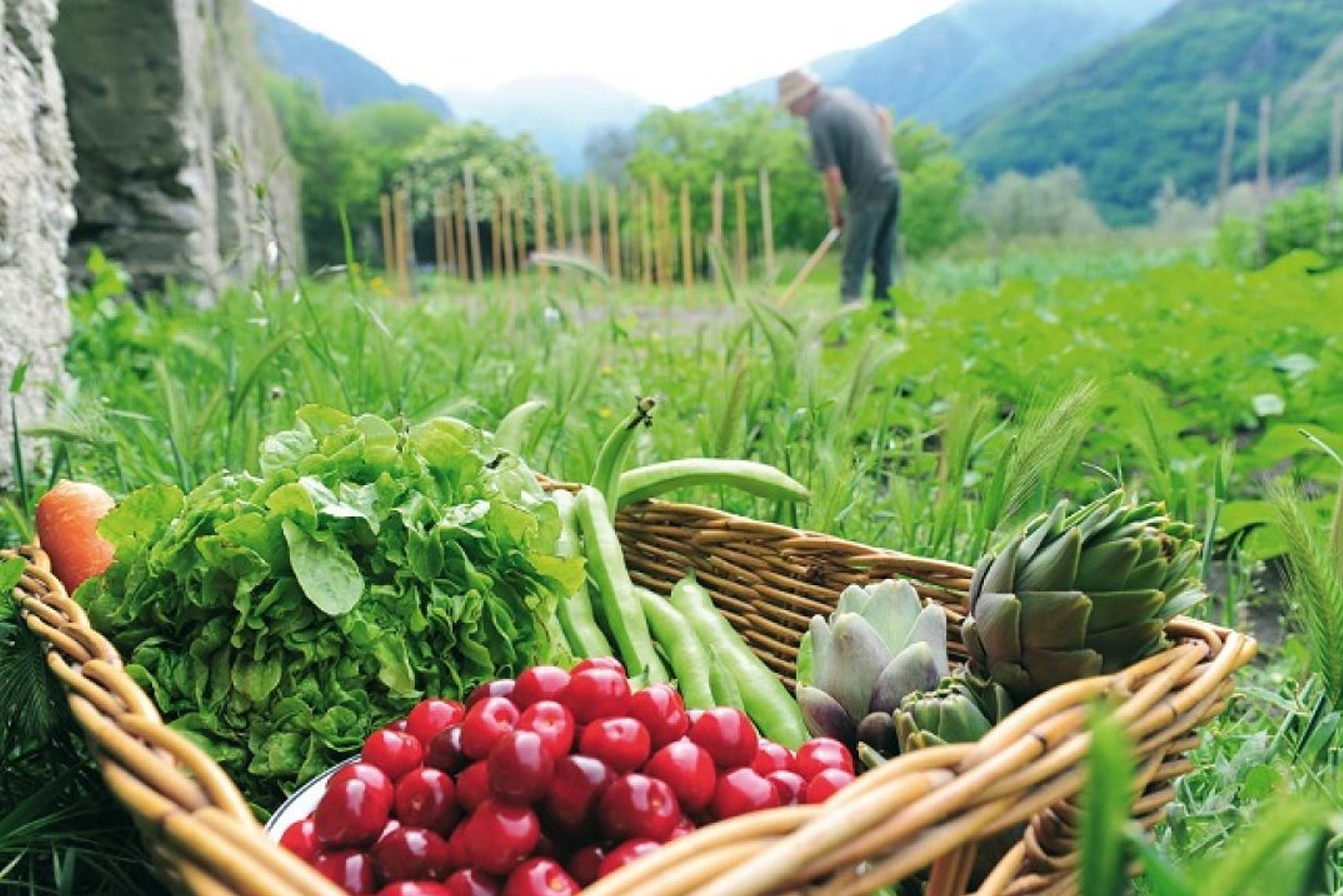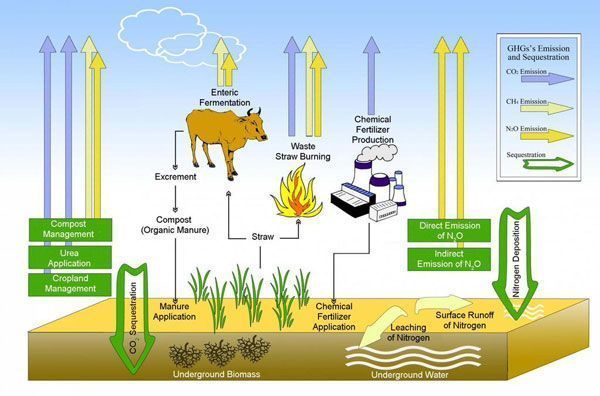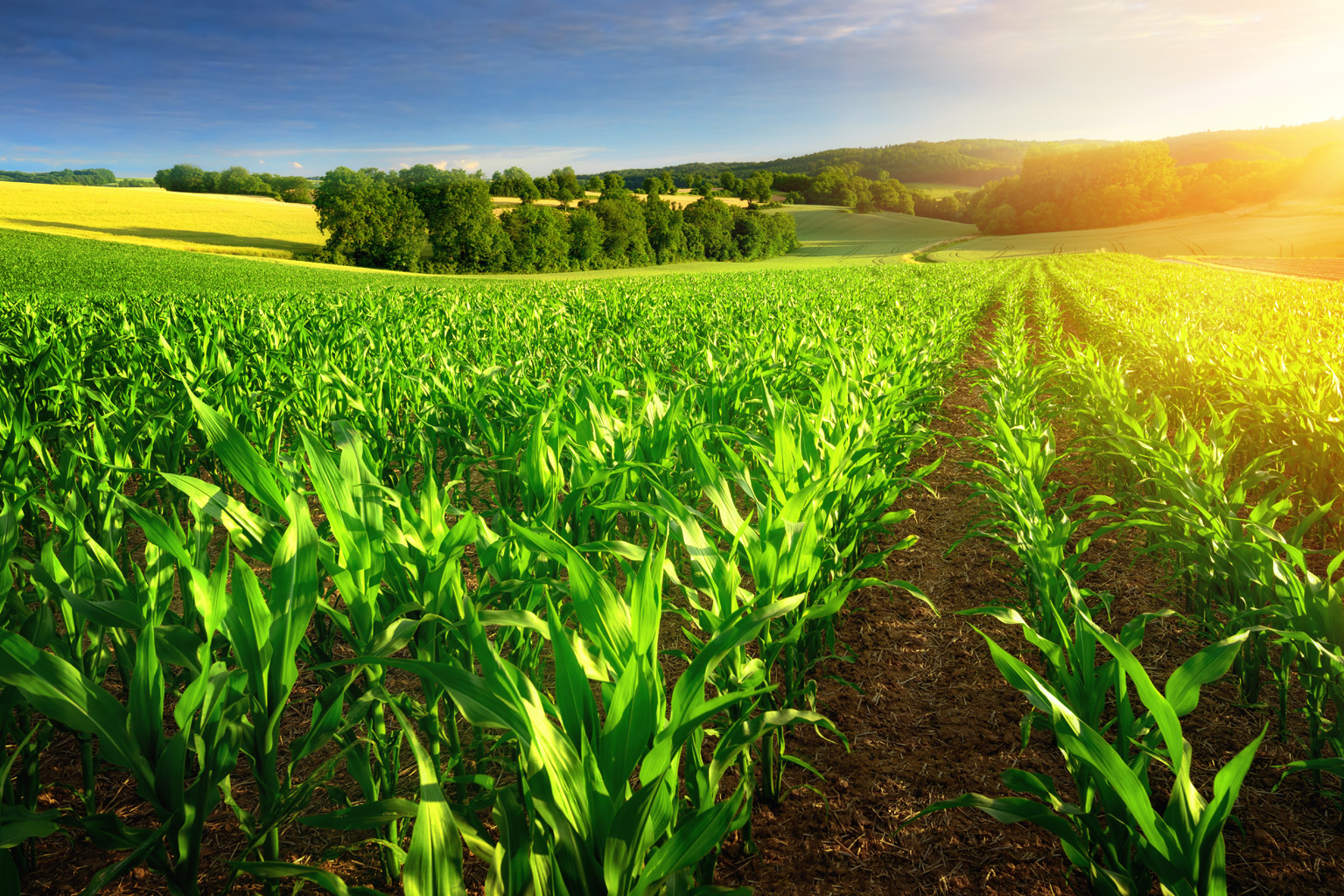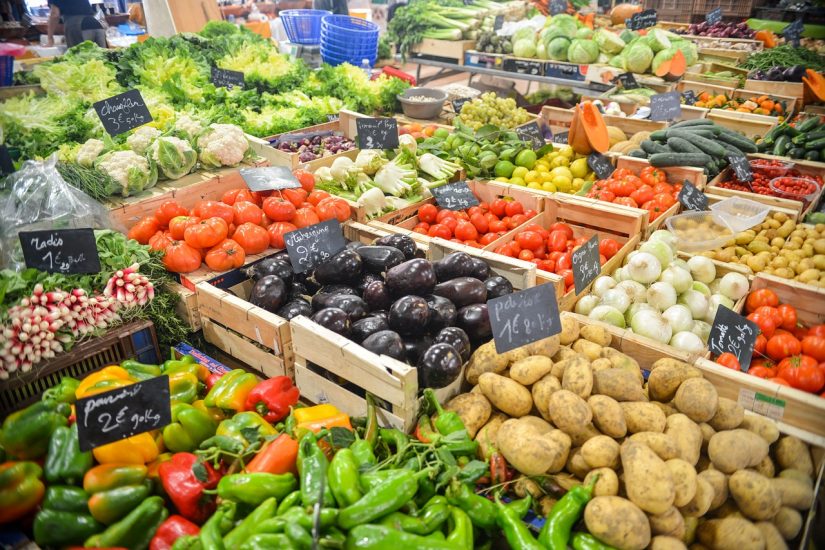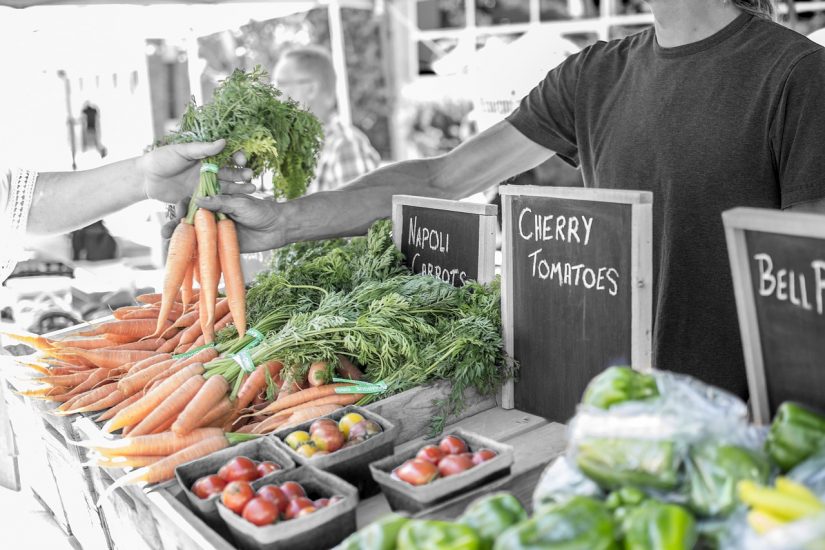Organic agriculture converts crops in real sinks of CO2
According to a study in an organic farm of China, organic agriculture converts crops into CO2 sinks. If you want to find out, just keep reading and we will tell you!
Did you know that approximately 35% of Greenhouse gases from all over the world come from agriculture? Nevertheless, these emissions could be reduced and even reversed by means of organic agriculture, as it would reduce one of the main causes of Global Warming: CO2.
This kind of crop would improve the ground’s capacity of retaining water and nutrients; risks of droughts and plagues would be highly reduced, and moreover, the amount of organic matter would increase, catching the carbon and in consequence, reducing CO2 emissions.
As the massive use of synthetic fertilizers decreases, agricultural efficiency rises and, as a result, environment is protected.
Evidences about the benefits of vegetation and its photosynthetic capacity of removing CO2 from atmosphere continue emerging in the latest studies.
For instance in 2010, the University of Murcia (Spain) obtained and compared the rapidity of fastening CO2 in species such as a lettuce or two concrete species of natural vegetation typical from Murcia: Pines (Pinus halepensis) and esparto (Stipa tenacisima). From these results, it is deduced that an hectare occupied by a conifer such as the pine ,which is 14 years old, produces ten times less CO2 than others in the same conditions of watering destined to fruit trees.
Agriculture is not significantly different form woods: plants absorb part of the CO2 in the grounds thanks to their roots, becoming a long-term sink, whereas the CO2 needed for the harvest and sub-products behaves as a temporal sink. It is important to highlight that this temporal sink would be essential in order to combat Global Warming, as the absorption of the plant and the removal of CO2 is renovated each year.
Besides, it is necessary to mention the type of plantations, as the capacity of the sink varies from some crops to others according to their rate of fixation of CO2 and their level of emissions.
Added to these conclusions, the ones obtained by the Botany Institute of the Chinese Academy of Sciences, on the research made by the investigator Jiang Gaoming, who has made an experiment in an organic farm from the east rural area of China, informing Science China Press by means of Eurekalert!
Jiang Gaoming focused his research on the substitution of chemical fertilizers in organic compost. More specifically, he proved that using the waste from the crops for livestock feed and sending manure (converted into compost) to wheat and corn field in rotation in winter, decreases significantly the greenhouse gases emissions.
These results were calculated following the guidelines set by the Intergovernmental Panel on Climate Change (IPPC) for inventories of greenhouse gases (2006).
In this study, four proportions of fertilizers were designed: 100% of the cattle manure, 100% of mineral nitrogen, 75% of cattle manure plus 25% of mineral nitrogen and 50% of cattle manure and more than 50% of the mineral of nitrogen.
Results proved that replacing chemical fertilizers with organic compost decreased significantly the emission of GHG. The efficiency of wheat and corn also increased as the fertility of the ground improved, by means of the application of cattle manure. This agricultural ecosystem changed from a source of carbon (with more than 2,7 tonnes of the equivalent CO2 per year each two hectares) into a sink of carbon (less than 8,8 tonnes of the equivalent of CO2 per year each two hectares).
This study is another evidence of how organic agriculture is a viable alternative to combat Global Warming.
Moreover, chemical fertilizers and pesticides have a direct impact in human’s health: ‘Be or become organic’ is not a fad, it is the return of tradition, the exclusion of fertilizers and pesticides from the productive system. Biological materials, plant extracts and organic waste are a safe bet, such as fertilizers to feed plants and ground’s health, and pesticides to control plagues.
If you want more information about the subject, you can check the next link of the article: ‘The impacts of chemicals in agriculture’. You can also inform about ‘Benefits of organic food and lifestyle’.
Sources: Mitigating greenhouse gas emissions through replacement of chemical fertilizer with organic manure in a temperate farmland by Haitao Liu, Jing Li, Xiao Li, Yanhai Zheng, Sufei Feng, Gaoming Jiang


